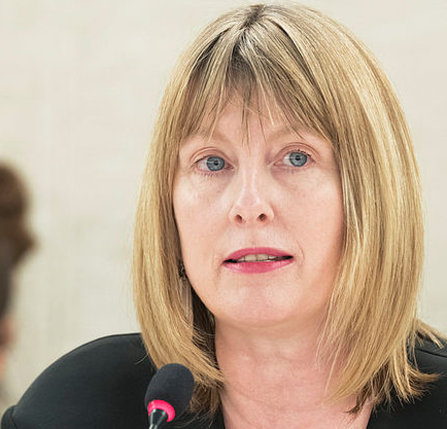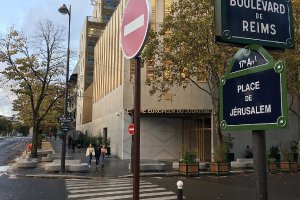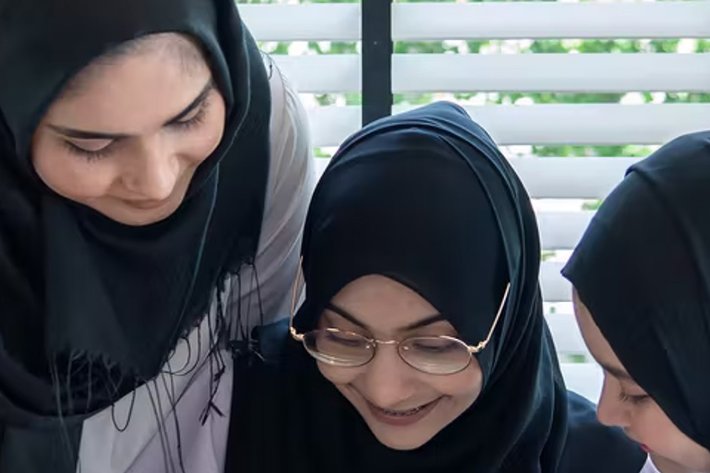While commending France for its work to combat terrorism, Fionnuala Ní Aoláin, United Nations Special Rapporteur on the protection of human rights in the context of countering terrorism, voiced concern May 23 about the effect anti-terrorism laws have on the enjoyment of fundamental human rights including liberty, privacy, association, movement and religious freedom.

Acknowledging the serious and ongoing security challenges in France, and the necessity of providing security for all citizens, she emphasized that France must, at the same time, uphold fundamental rights and freedoms.
She found insufficient checks and balances in place to protect the rights of persons subject to administrative measures specifically in respect of the rights to freedom of movement, privacy, family life, liberty and freedom of religious belief and practice. She was particularly mindful of the effects of these laws on the full enjoyment of rights by French Muslims.
“It is clear that the French Muslim community have been the community primarily subject to exceptional measures both during the state of emergency and the new law in tandem with other counter-terrorism measures,” Ní Aoláin said, highlighting, as an example, the closure of mosques as an encroachment on religious freedom.
“It is deeply concerning that the Muslim minority community is being constructed as a per se ‘suspect community’ through the sustained and broad application of a counter-terrorism law,” she said at the end of a nine-day visit to France.
“There is no doubt that the state may lawfully engage in restrictions to protect public order, but a clear tipping point to exceptionality arises when counter-terrorism measures engage profound, sustained and potentially disproportionate effects on the enjoyment of fundamental human rights and civil liberties.
“France must continue to work in genuine partnership with all its citizens and take specific steps to prevent this conflation, which includes best practice on independent oversight, community consultation, prevention, and remedy when violations of human rights are established through legal and administrative action.”
From its beginnings, the Church of Scientology has recognized that freedom of religion is a fundamental human right. In a world where conflicts are often traceable to intolerance of others’ religious beliefs and practices, the Church has, for more than 50 years, made the preservation of religious liberty an overriding concern.
The Church publishes this blog to help create a better understanding of the freedom of religion and belief and provide news on religious freedom and issues affecting this freedom around the world.
For more information visit the Scientology website or Scientology TV Channel.


